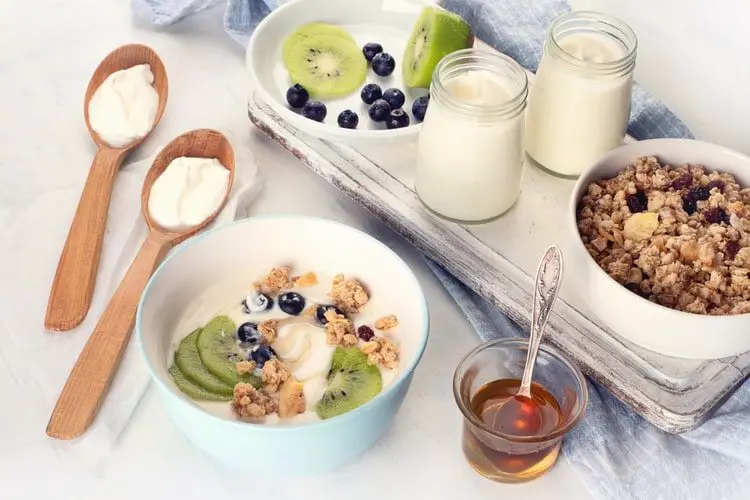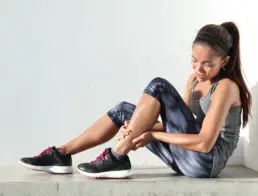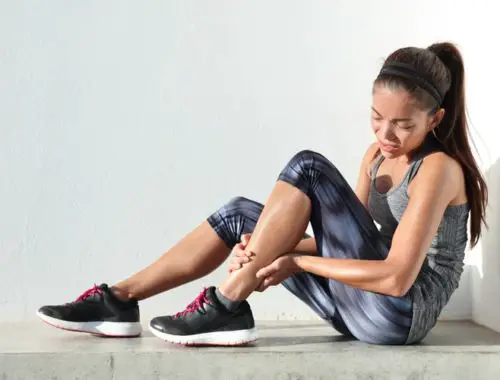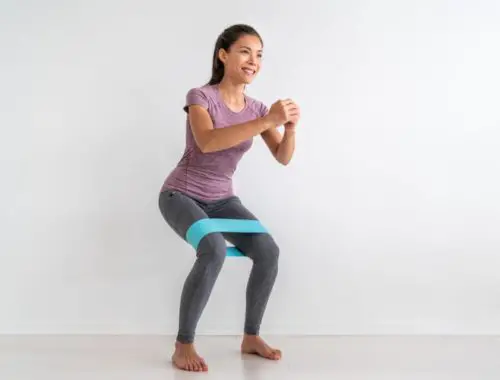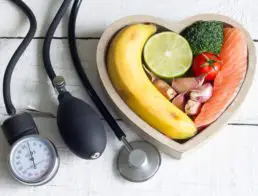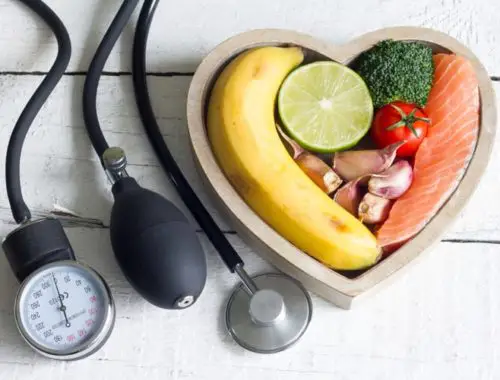If you’re reading this, I bet you’re sitting on your toilet straining and blocked up. Or you’re frustrated that you tried to go, but failed. You have to get on with your day, even if you feel like you’ve got a bag of bricks in your gut.
Constipation stinks, so we put together a long list of foods you can eat to relieve constipation.
What relieves constipation?
There are tons of foods to help you poop (too many to list)! So, it’s important that you learn what about these foods helps you get regular and easy bowel movements.
3 F’s to Fight Constipation
| Fiber | Fluid | Fat |
|---|---|---|
| Fiber is found in plant-based foods like fruits, veggies, whole grains and legumes. Different types of fiber play distinct roles in digestion and stool production. Read more about fiber here. | Getting enough fluid from water, beverages and foods with high fluid content is crucial for constipation relief. Your bowel needs fluid for digestion and stool formation. Fluid also makes stools soft and easy to pass. | Fat lubricates your gut and also helps make stools softer. When choosing fats, try to eat mostly healthy, unsaturated fats from nuts, seeds, fatty, fish, cooking oil and avocado. |
Bonus Tips to Relieve Constipation
While the 3 F’s should be a primary line of defense, here are 2 more tips to help relieve constipation better.
| Probiotics & Prebiotics | Physical Activity & Exercise |
|---|---|
| Probiotics and prebiotics may help increase stool frequency (1)! Research is promising, but more consistent methods need to be established. Read our “Essential Guide to Probiotics” to find out more. | Your gut loves movement! Massage your gut by engaging in daily physical activity and exercise! Research shows that exercise may be a feasible treatment, but more studies are needed to discover the exact relationship (2). |
Foods for Constipation Relief
Let’s put these concepts into practice. Here’s our list of foods to help relieve constipation pronto. Include these foods regularly in your diet to help improve bowel movements.
1. Water & Other Fluids
You need water for basic hydration anyway, but… if you’re going to include more fiber to relieve constipation, increase your fluid intake too. Increasing fiber without increasing water can cause (or worsen) constipation!
2. Oatmeal
Oatmeal has fiber! Plus, you add extra fluid to your meal with milk or water. If you want a double whammy against constipation, I suggest making Purely Elizabeth Ancient Grain Oatmeal your go-to breakfast. (Ancient grains? Jump to #8!)
3. Chia Seeds, Nuts & Nut Butter
Nuts and seeds are great constipation foods because they have both fiber and fat. Chia seeds, in particular, have 4g fiber in 1 Tbsp!
4. Bananas
Did you know 1 medium banana is 2 servings of fruit? Bananas have a certain type of fiber that sucks in water and makes your stools soft and easy to pass.
5. Carrots & Other Veggies
Veggies are a great way to add lots of fiber to your diet without a lot of calories. For example, 1 cup carrots has over 5g fiber and only 93 calories.
6. Popcorn
Add bulk to your stool and the need “to go” with fiber found in popcorn. Keep it healthy with plain, air-popped popcorn.
7. Watermelon & Other Juicy Fruits
You get fiber – but more importantly fluid – from high water content fruits like watermelon, melon and citrus.
8. Quinoa & Other Ancient Grains
Replace white rice and white pasta with ancient grains for a little more oomph in your gut. Quinoa, faro, millet and other ancient grains are easy ways to get more fiber in the diet.
9. Whole Grain Bread & Pasta
It’s recommended to make half your grains whole grain (3). Do you meet that guideline? If not, look for “whole grain flour” as the first ingredient in your pastas, breads and crackers.
10. Prunes
Prunes have been shown to improve stool consistency and increase stool frequency (4). I stock up on single-serve Sunsweet Ones Prunes as my daily snack or dessert!
11. Coffee
Plenty of people feel that drinking coffee helps relieve constipation fast. The research is inconclusive, but hey! If it works for you, a simple cup of Joe is fine to include. Research does indicate that drinking lots of coffee can actually increase constipation (5)
12. Beans, Lentils & Legumes
Beans are highly nutritious and contain great amounts of fiber. Many beans and legumes have over 5g fiber per serving!
13. Kefir & Yogurt
Kefir and yogurt are great sources for probiotics. Including probiotic foods in your diet can help you nourish a healthy, functioning gut.
14. Apples & Other Fruit with Skin
Apples and pears are great because they have high fluid content and 2 types of fiber in the pulp and skin. So, fruits with skin may be one of the best foods to relieve constipation. They add bulk to your stool and make them easy to pass.
15. Potatoes & Sweet Potatoes
Whenever you’re eating potatoes, make sure you also eat the skin. Not only is potato skin exceptionally nutritious, it’s got lots of fiber!
16. Peas & Corn
See that corn again when you poop? That’s the glory of fiber: Moving along your digestive tract from mouth to toilet!
17. Broth
Adding broth via soups or for moistening a recipe can help you add to your daily fluid intake.
18. Wheat Bran
Wheat bran is exceptionally high in fiber (6g in ¼ cup). It may be hard to eat on its own, but can be mixed with oatmeal or cereal.
19. Olive Oil & Other Cooking Oils
Remember: Fats help lubricate your stools. But, make sure to choose healthy fats most often. Olive, canola, flaxseed, avocado oil and other liquid oils can easily be increased in cooking and garnishing. Drizzle some Papa Vince EVOO on salads, pastas and meats for slicker stools.
20. Sauerkraut
Top your food with a probiotic-rich condiment!
21. Avocado
Healthy fats and fiber for fabulous stools!
Drinks for Constipation
It’s super important to remind you to drink plenty of fluid for constipation. Fluid itself helps with reducing block-ups but it also helps prevent constipation when you’re trying to increase your fiber intake.
Chronic Constipation
It’s normal to experience occasional constipation, but if you suffer multiple days every week, this may indicate a bigger issue.
Talk to your doctor and registered dietitian about constipation that interferes with your life. You may need a completely customized diet plan and medications to manage constipation.
